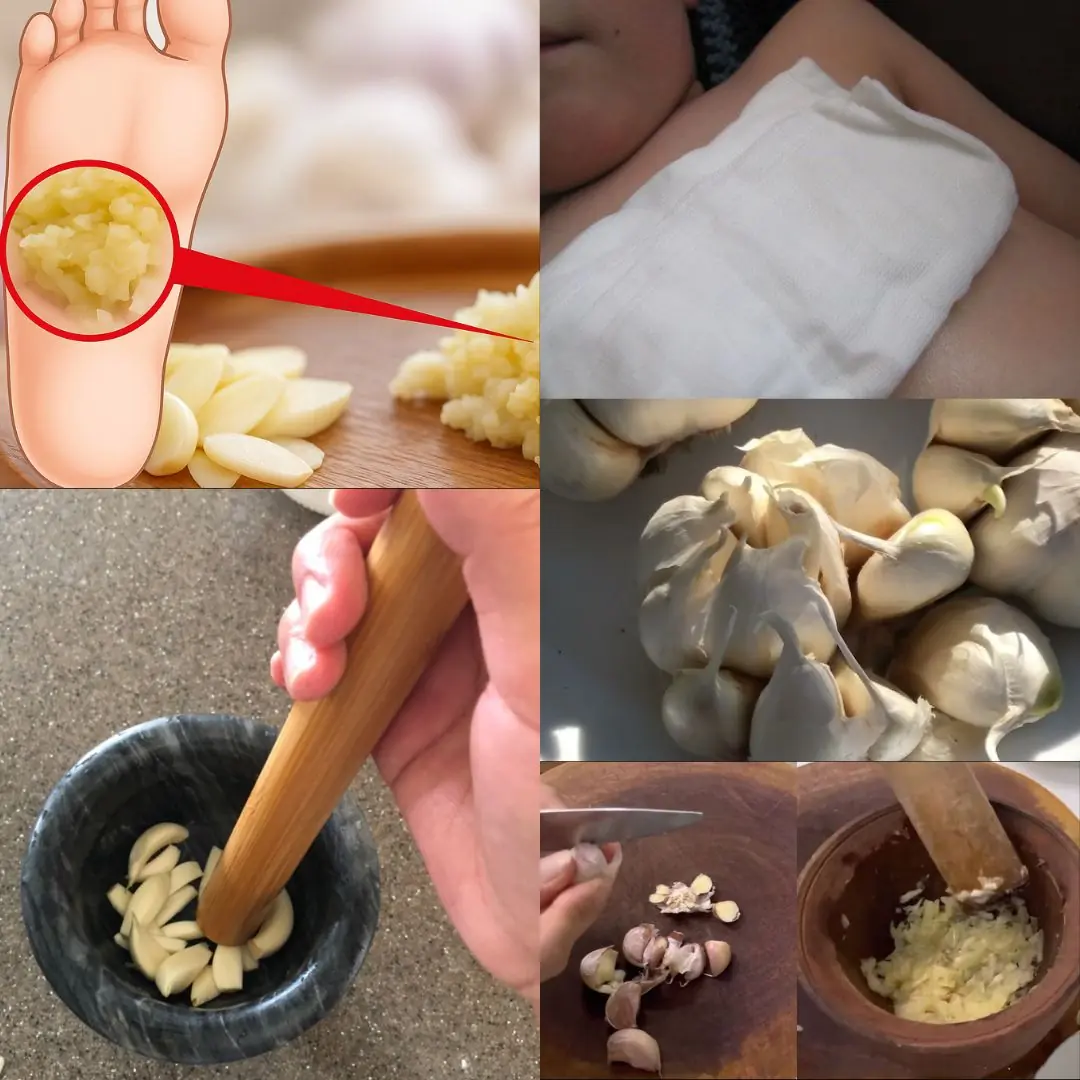
Tips for squeezing lemons: Don't be foolish enough to throw away the peel. You will save a lot of money if you know these uses.
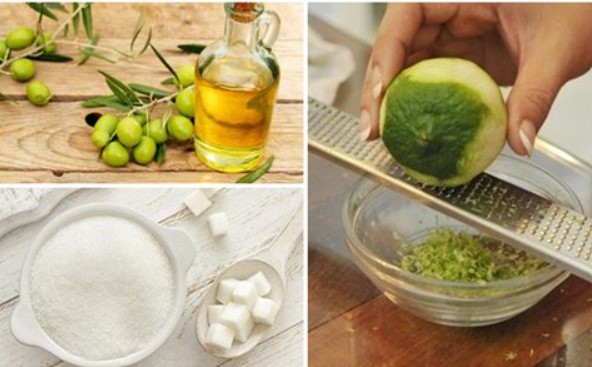
Amazing Uses of Lemon Peels in Daily Life
Lemon peels are often discarded after squeezing out the juice, but they actually contain a wealth of nutrients and essential oils that are extremely useful in beauty care and household cleaning. Instead of throwing them away, learn how to make the most of this natural and eco-friendly ingredient to enhance your skin, your home, and your overall well-being.
1. Beauty Benefits of Lemon Peels
Exfoliating the Skin
Exfoliation is a vital step in skincare that helps remove dead skin cells, excess oil, and dirt from the surface of your skin, giving it a smooth and radiant look. After juicing the lemon, grate the peel into fine powder and mix it with an equal amount of sea salt. Gently rub the mixture on your skin once or twice a week. This simple scrub will leave your skin soft, clean, and visibly brighter.
You can also create a full-body exfoliating scrub using lemon peel, olive oil, and sugar — a perfect DIY spa treatment.
You’ll need:
-
Peel of 1 lemon
-
½ cup of sugar
-
5 tablespoons of olive oil
How to make it:
Finely chop or grate the lemon peel and mix it with sugar and olive oil to form a thick paste. After cleaning your body, gently massage the scrub all over for about 15 minutes, then rinse with warm water. The olive oil keeps your skin moisturized while the lemon peel removes dullness and dead cells, leaving your skin smooth and refreshed.
Extra tip: Add a few drops of honey or coconut oil for extra hydration, especially if you have dry skin.
Fading Scars and Dark Spots
If you’re struggling with acne scars or dark pigmentation, lemon peel can help lighten them naturally.
Ingredients:
-
1 lemon peel
-
1 cup of coconut water
Instructions:
Grind the lemon peel into a fine paste and mix it thoroughly with coconut water. After cleansing your face, apply the mixture to areas with scars or dark spots. Massage for 5 minutes and leave it on for another 15 minutes before rinsing off with warm water. Repeat 2–3 times a week for visible improvement — your skin will gradually look clearer and more even-toned.
Making Hair Smooth and Dandruff-Free
Lemon peel not only helps remove dandruff but also leaves your hair shiny and naturally fragrant. Boil the peel of one lemon in water for about 10 minutes, then let it cool slightly. Use this water as a final rinse or hair mask, leaving it on for 15 minutes before shampooing.
The natural acids in lemon peel help balance scalp oil and fight dandruff-causing bacteria.
Tip: You can combine lemon peel water with aloe vera gel for a more nourishing treatment that soothes the scalp.
Protecting Your Teeth and Gums
Thanks to its high citric acid and vitamin C content, lemon peel helps fight gum inflammation, bleeding, and even plaque buildup.
DIY Lemon Toothpaste:
Mix finely chopped lemon peel with 1 teaspoon of baking soda, 1 teaspoon of salt, and 1 teaspoon of warm water. Use this mixture as a mouth rinse or even as a natural toothpaste a few times per week. It helps whiten teeth, prevent bacteria, and freshen your breath naturally.
Moisturizing and Softening Skin
Combining lemon peel with olive oil provides a powerful natural moisturizer that nourishes your skin deeply.
Mix half a cup of sugar with chopped lemon peel and a few spoons of olive oil. Massage this mixture onto damp skin for 10–15 minutes, then rinse off. It not only removes dirt but also leaves your skin silky and glowing.
Optional: Add a few drops of essential oil (like lavender or rosemary) to enhance the relaxing effect.
2. Smart Household Uses of Lemon Peels
Cleaning Cutting Boards
Lemon’s natural acidity makes it an excellent disinfectant. To clean cutting boards, sprinkle some coarse salt on the surface, then scrub with a lemon peel. The combination of salt and acid removes stains, kills bacteria, and eliminates odors. Rinse with water and let dry — your board will look and smell fresh again.
Removing Grease and Stains from the Kitchen
Grease stains on kitchen surfaces and cooking tools can be tough to remove. Simply sprinkle a bit of salt on a lemon peel and scrub the greasy areas. The salt acts as an abrasive while the lemon oil dissolves grease. Wipe clean with a damp cloth, and you’ll have a spotless, fragrant kitchen.
Repelling Ants and Insects
Ants hate the citric acid in lemons. Place lemon peels near doorways, windows, or any area where ants often appear. The scent will keep them away without using harmful chemicals. This also works to repel other insects such as mosquitoes and flies.
Deodorizing the Sink
Rub lemon peel directly onto your sink to remove stubborn stains and odors. The natural lemon scent instantly freshens up your kitchen and keeps drains smelling clean.
Cleaning the Microwave
Slice lemon peels and place them in a bowl of water. Microwave it on high for about 5 minutes, allowing the steam to loosen dirt and grease on the walls. Carefully remove the bowl, then wipe down the inside with a cloth. Your microwave will be spotless and smell wonderful.
Deodorizing Trash Cans
Trash cans can accumulate unpleasant odors over time. Place a few lemon peels inside the bin or under the trash bag to neutralize bad smells. The natural oils in lemon peel release a light, refreshing fragrance that keeps your kitchen fresh longer.
Polishing Metal Surfaces
If your metal items — such as faucets, pots, or pans — have lost their shine, you can restore their luster with lemon peel. Sprinkle a bit of salt or apply toothpaste to the peel, then rub the surface thoroughly. Let it sit for 10 minutes, rinse, and wipe dry. You’ll be amazed at how polished your items look afterward.
Making Natural Cleaning Solution
Lemon peel combined with vinegar makes an effective all-purpose cleaner.
How to make it:
Soak lemon peels in white vinegar for a few days, then strain the liquid and pour it into a spray bottle. This homemade cleaner can be used to wash dishes, clean countertops, or even sanitize bathroom surfaces. It’s eco-friendly, safe for your hands, and leaves behind a pleasant citrus aroma.
Final Thoughts
Lemon peels are far more valuable than they appear. From skincare and haircare to home cleaning and deodorizing, this humble ingredient can replace many chemical-based products in your daily routine. By reusing lemon peels, you not only save money but also help protect the environment — a small step toward a greener, healthier lifestyle.
News in the same category


5 Morning Drinks to Boost Kidney Health, Cool the Liver, and Detoxify Your Body

A Simple Sponge Trick For The Fridge

How to Get Rid of Termites That Bore Into Wooden Doors — Protect Your 10-Year-Old Furniture and Keep It Beautiful

What Kind of Bread Are You

How to help you travel thousands of miles without getting carsick

Soak plastic cutting boards in this water, yellow stains and mold will come off and it also kills bacteria very well.

Common Misunderstandings Turn Water Purifiers into Breeding Grounds for Germs — Stop Now Before It Harms Your Whole Family

This Is a Type of Leaf That the Liver Loves, But Unfortunately Many People Throw It Away! Eating It Once a Week Can Make Your Liver Healthier

How to make delicious beef steak at home: 5-star restaurant standard taste, eat once and miss it forever

Don't throw away air conditioner wastewater: It has 4 valuable uses that many people don't know about.

9 tips to completely get rid of cockroaches from your house using natural ingredients, without using chemicals

Moldy walls and ceilings, use this water to clean, cleaner than bleach

Tips to distinguish between naturally ripened bananas and chemically ripened bananas

If you find a centipede at home, here is what it means...

What is its purpose. see details
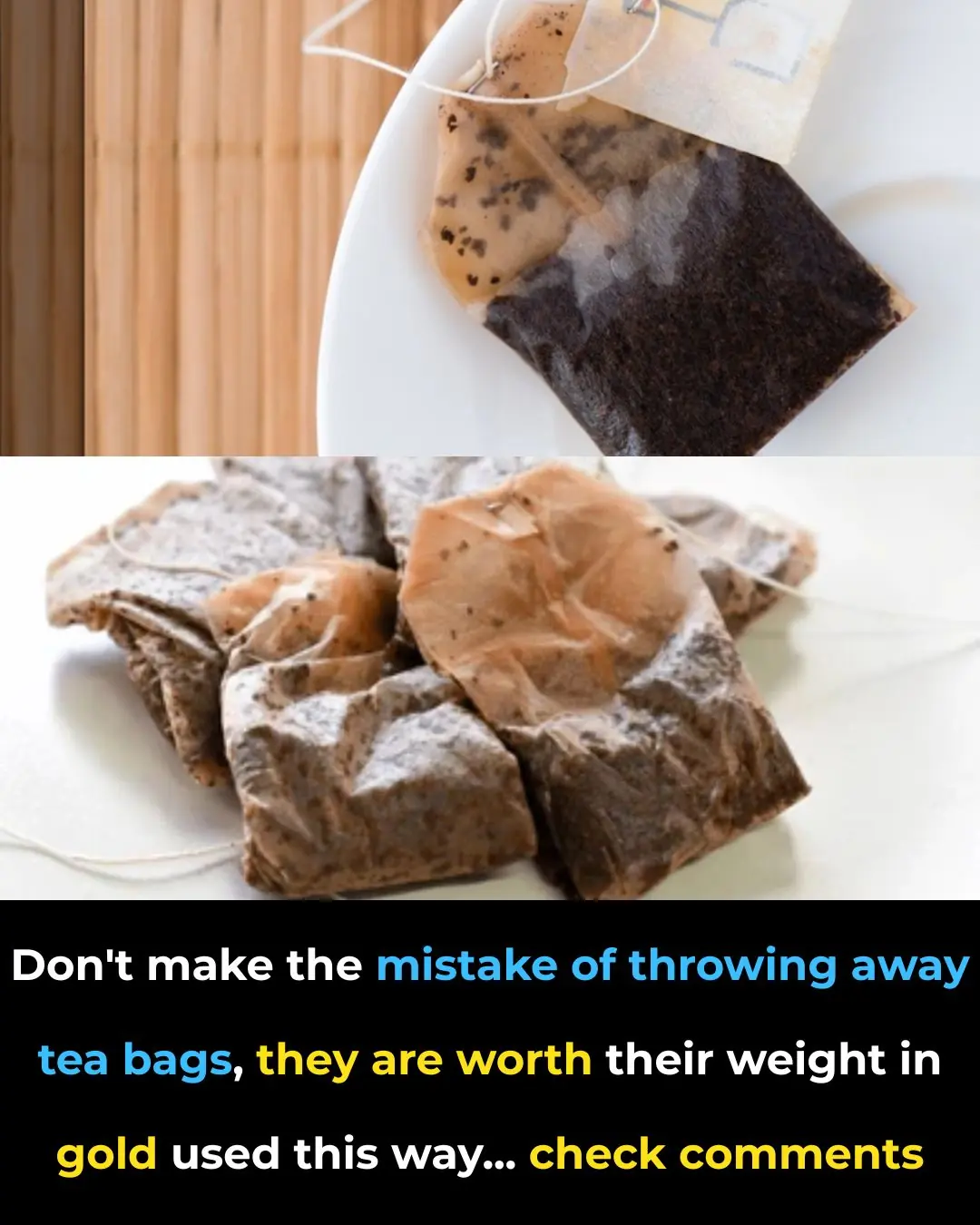
Don't make the mistake of throwing away tea bags. see more

🪟 Vinegar Is the Key to Streak-Free Windows & Shiny Surfaces — But Most People Use It Wrong

This Is The Mistake You Make When Using An Electric Kettle
News Post

Push-Ups and Kindness: How One Deputy Reached a Boy’s Heart.
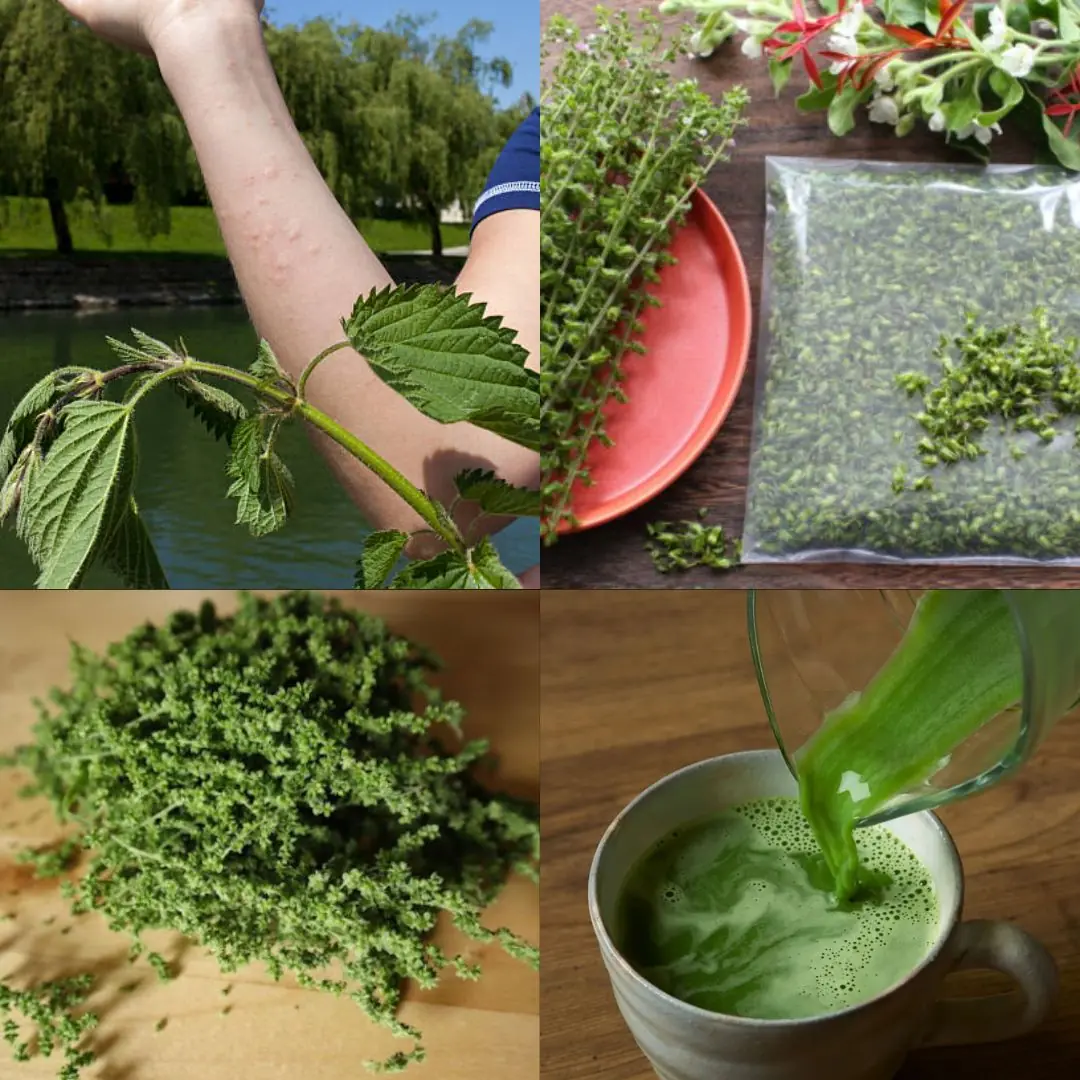
The Power of Urtica dioica: Natural Relief for Joint Pain, Arthritis, and Inflammation

The Woman at the Post Office: A Lesson in Beauty and Humanity.

James Spann: A Birthday, An Anniversary, and a Lifetime of Love

“For Alan” — A Family’s Fight Against Hemimelia

A Simple Breakfast, a Powerful Reminder: Strangers Bridge the Divide with Kindness

Garlic, Honey, and Cloves – a powerful natural remedy packed with health benefits

A Quiet Room, a Kind Heart, and a Pair of Shoes

From Fear to Home: A Shelter Dog’s Journey to Love

A Chance Encounter in California Reunites Hero and the Boy He Saved 13 Years Ago

The Best Tea for Mornings and After Dinner: A Powerful Blend for Health

The Goldfish Alligator: A Florida Kid's Wild Attempt at Luring a Reptile

Benefits and Uses of Papaya Flowers Soaked in Honey

The Wiener Dog and the Bear: A Friendship Lost and Found in the Mountains

Papaya releases a milky sap, but most people don’t realize how important it is
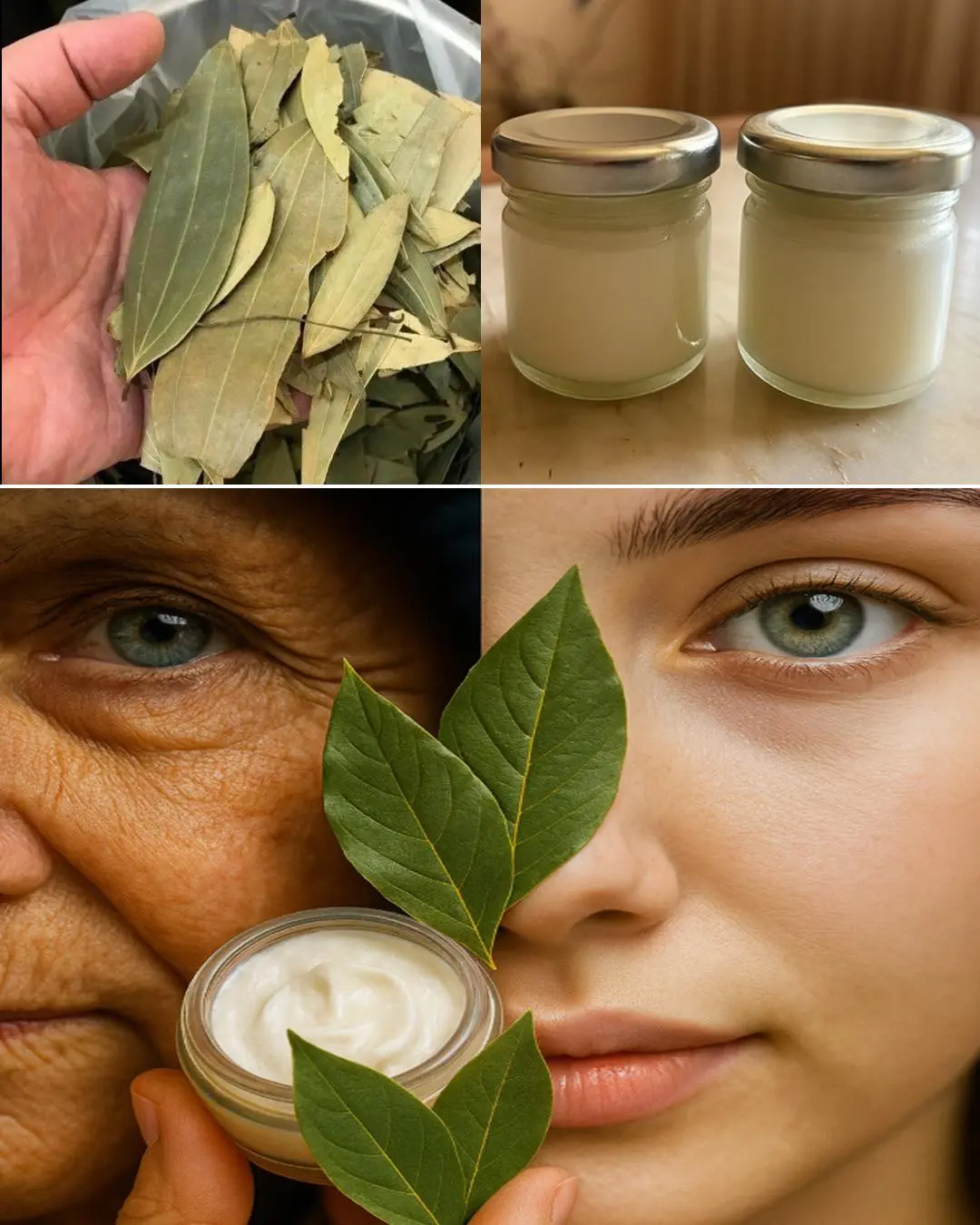
Bay Leaf – Nature’s Secret Against Wrinkles and Fine Lines

The Hidden Power of Garlic Bulbils: Nature’s Tiny Healing Pearls

Date Seeds Benefits: The Superfood Ingredient with incredible health benefits
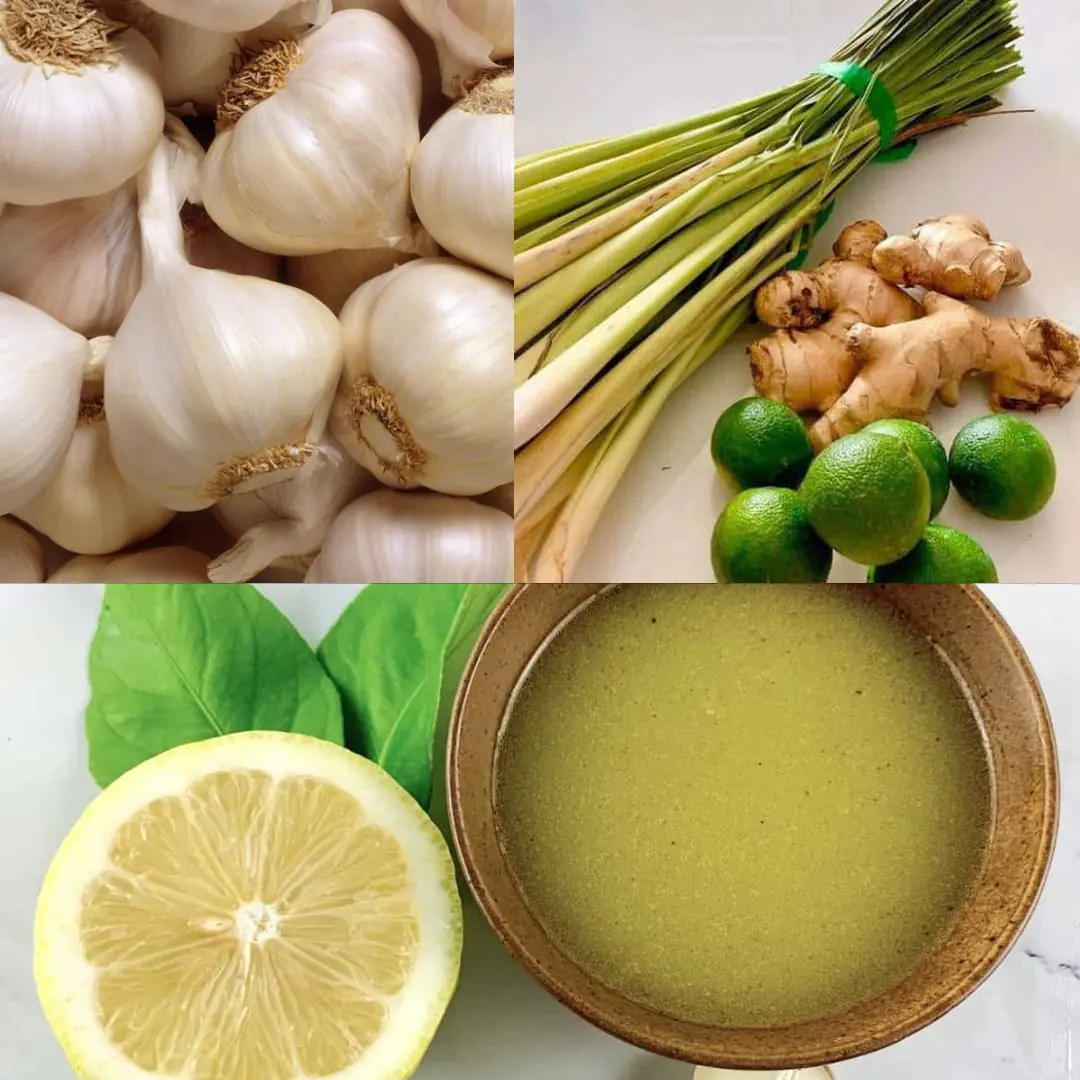
Unlock The Incredible Health Benefits of Garlic, Ginger and Lemon for Men
